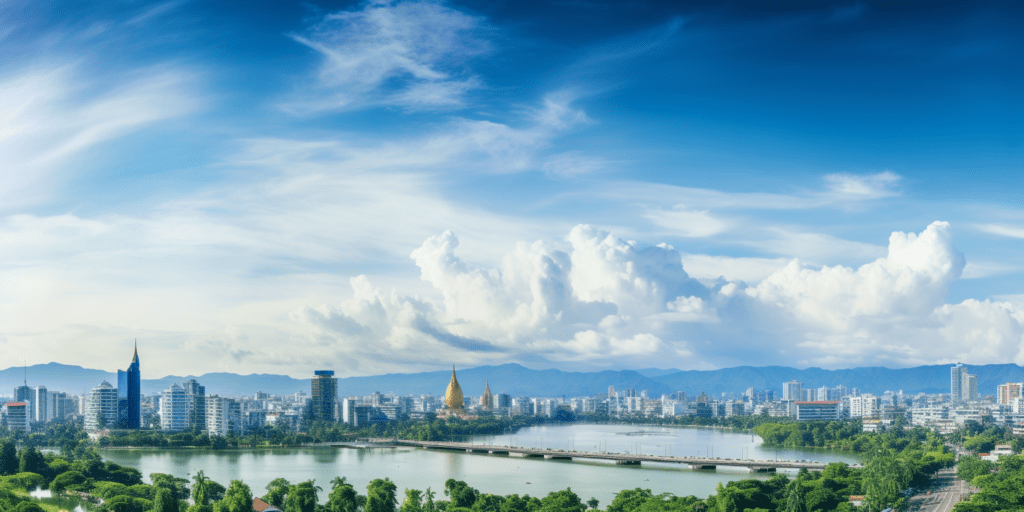Unlocking Myanmar’s Real Estate Potential
Myanmar, a Southeast Asian nation with a rich cultural heritage and breathtaking landscapes, has opened its doors to the world in recent years. As the country undergoes rapid transformation, its real estate market has become a promising destination for investors. In this comprehensive analysis, we will delve into the Myanmar real estate landscape, with a specific focus on three key cities: Yangon, Mandalay, and Naypyidaw.
Yangon: Myanmar’s Economic Hub
Yangon, the largest city and former capital of Myanmar, serves as the country’s economic and commercial center. Here’s what you need to know about Yangon’s real estate market:
- Commercial Opportunities: Yangon offers significant commercial real estate opportunities, with a growing demand for office spaces, retail outlets, and industrial properties. Foreign investors are increasingly attracted to Yangon’s burgeoning business districts.
- Residential Sector: The residential sector in Yangon is dynamic, with a range of housing options catering to various income groups. High-end condominiums and apartments are on the rise, driven by urbanization and an emerging middle class.
Mandalay: A Cultural Gem
Mandalay, Myanmar’s cultural capital, boasts historical significance and is a burgeoning economic center. Real estate trends in Mandalay include:
- Cultural Tourism: Mandalay’s rich cultural heritage and proximity to ancient temples and historical sites make it a prime destination for cultural tourism. Investors can explore opportunities in boutique hotels and guesthouses.
- Growing Urbanization: As more residents move to Mandalay for employment opportunities, the demand for modern housing and amenities has increased. The city presents opportunities in residential and mixed-use developments.


Naypyidaw: The Administrative Capital
Naypyidaw, Myanmar’s purpose-built administrative capital, is a city with immense potential. Key considerations for real estate in Naypyidaw include:
- Government Developments: Naypyidaw hosts government offices, embassies, and international organizations. Real estate investments may involve government-related projects and diplomatic housing.
- Infrastructure Growth: The city continues to expand, with ongoing infrastructure developments. Investors looking for long-term prospects can explore the city’s infrastructure-driven real estate projects.
Investing in Myanmar: Important Considerations
Before diving into Myanmar’s real estate market, consider these vital factors:
- Local Expertise: Collaborate with local real estate professionals who possess in-depth knowledge of the market’s nuances and regulations.
- Legal Compliance: Be aware of Myanmar’s property laws and regulations, especially if you are a foreign investor. Seek legal counsel to ensure compliance.
- Market Research: Thoroughly research the specific city and property type you intend to invest in. Understanding local demand and trends is crucial.
Conclusion
Myanmar’s real estate market is a realm of untapped potential, offering diverse opportunities for investors. Whether you’re drawn to the bustling commercial scene of Yangon, the cultural richness of Mandalay, or the administrative significance of Naypyidaw, Myanmar’s real estate market is ripe for exploration.
Unlock the mystique of Myanmar and embark on a journey of real estate investment in one of Southeast Asia’s most promising destinations.
Invest with foresight.



